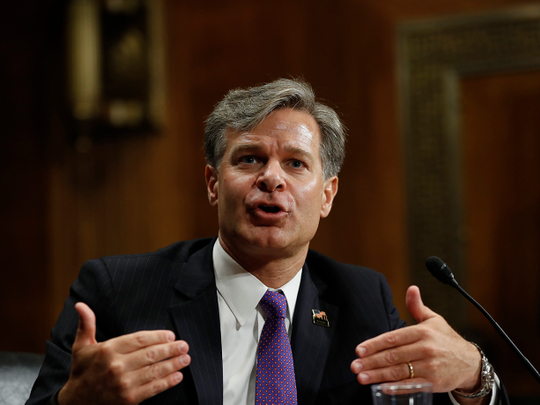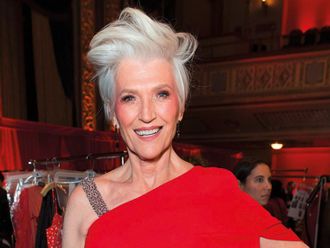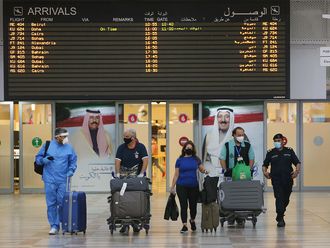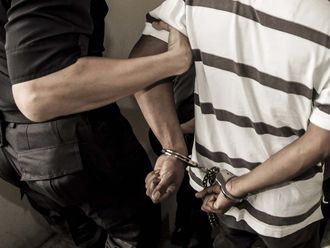
Washington: The US Senate overwhelmingly confirmed Christopher Wray as the new director of the FBI on Tuesday, three months after President Donald Trump fired his predecessor James Comey.
The high-flying criminal lawyer was an uncontroversial choice for the post, winning widespread bipartisan backing after telling lawmakers he would rather resign than bow to political interference.
He assumes charge at a difficult time for the FBI.
Comey’s sacking had led to accusations Trump was attempting to impede an investigation into links between his aides and Russia during last year’s presidential election, which led to the appointment of independent prosecutor Robert Mueller as a special counsel.
Wray’s first challenge will likely be to reassure the bureau’s more than 30,000 employees of his commitment to their independence, after insisting to lawmakers he would be his own man.
“You can’t do a job like this without being prepared to either quit or be fired at a moment’s notice you’re asked to do something or confronted with something that is either illegal, unconstitutional or even morally repugnant,” he told the Senate Judiciary Committee during questioning earlier this month.
“You have to be able to stand firm to your principles.”
Born into a family of New York lawyers, Wray, 50, graduated from Yale Law School and was a Justice Department prosecutor for years.
In 2003, he rose up to assistant attorney general in charge of the criminal division, where he mostly oversaw fraud investigations, including the huge case of Enron, the Texas energy firm that imploded with billions of dollars of losses tied to corruption.
In 2005, he resigned to join private practice as a partner at King & Spalding law firm in Washington and Atlanta.
Wray has represented major companies in litigation but also, most recently, worked for Trump ally Chris Christie in the so-called “Bridgegate” political scandal in New Jersey.
FBI chiefs have alternately bolstered and made life miserable for presidents over decades. In the 1990s, Bill Clinton’s eight years in office were plagued by investigations led by Louis Freeh, whom he personally chose to run the agency.












